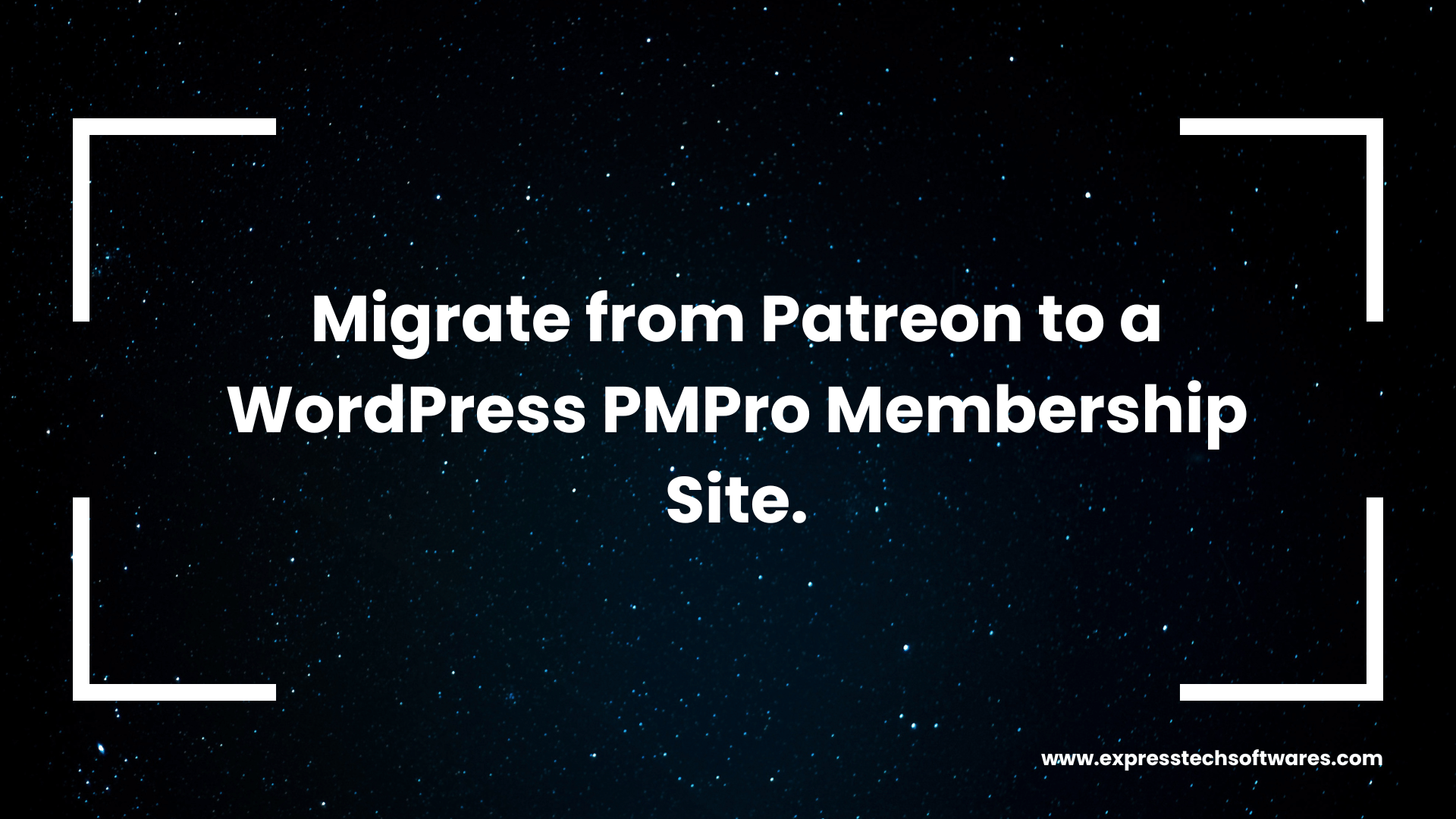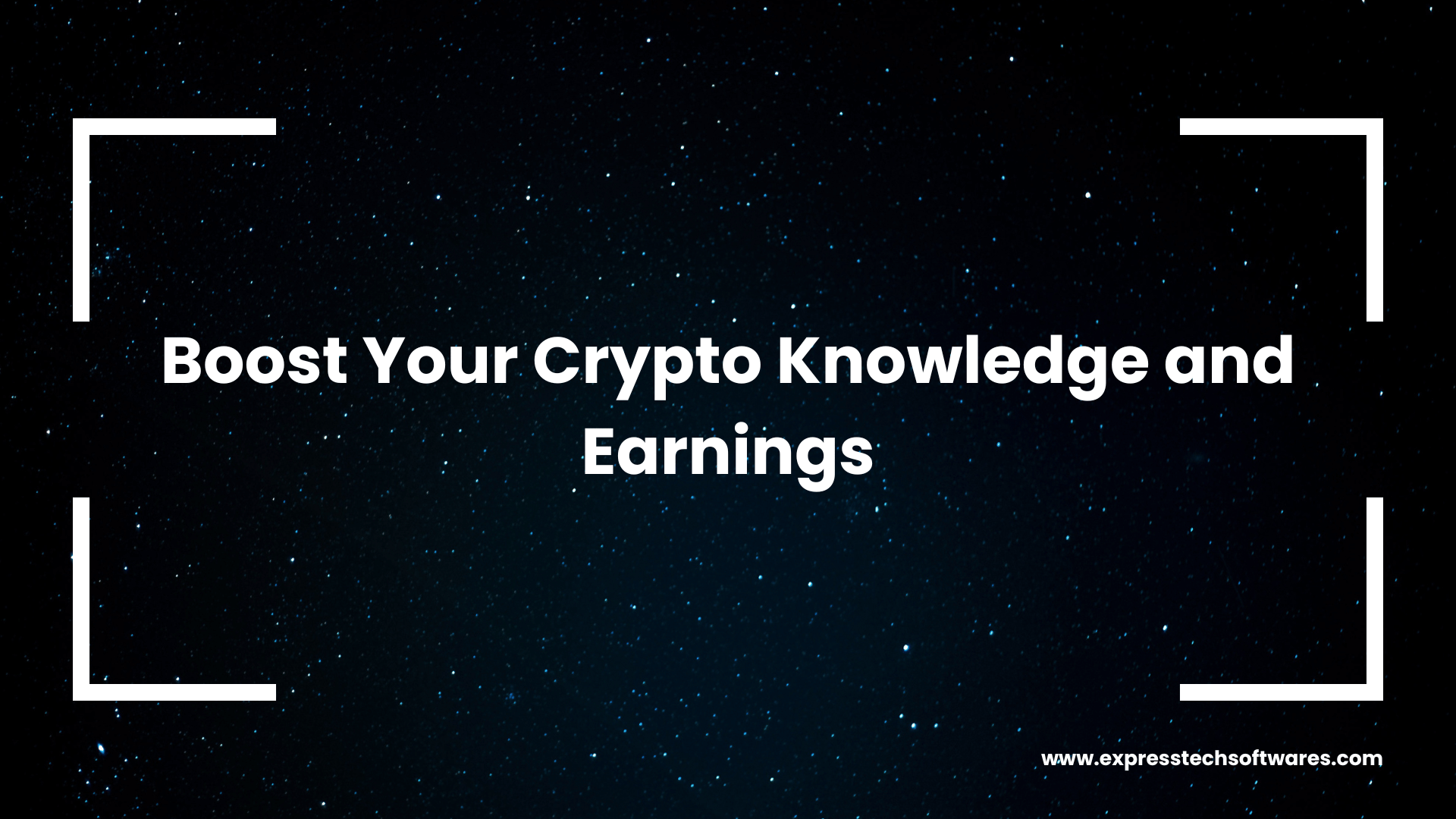27th May 2023, marks the 20th birthday of WordPress - a milestone worth celebrating. It's incredible to think about my personal journey with WordPress, which began in 2011, and how it has since become the cornerstone of my professional life.
It all started during my first job as a trainee developer. I was assigned a project: developing web software to manage images and content on various web pages. At the time, I was unfamiliar with the vast landscape of open-source solutions and was mainly good with database structures.
Fortunately, I was not alone. My senior colleague having some knowledge of open-source initiated a search for pre-existing solutions in open-source spaces. At the time, codeproject.com was our go-to resource, housing an extensive library of open-source projects.
This exploration led us to Joomla and WordPress. After some basic testing, WordPress emerged as the winner, because of its superior user experience. This proved to be a pivotal moment in my career. I was utterly fascinated by the efficient design of WordPress's few MySQL tables - a mere 10 at the time - which could support a wide variety of data objects, including pages, posts, and even custom plugins, thanks to the robust taxonomy structure.
This early encounter with WordPress sparked a deep interest in web server architecture, and through countless hours of experimentation, I became adept at understanding how WordPress operates. This proficiency proved invaluable, and was instrumental in my transition to my dream job in the cleanest city in India, “Indore”.

In honor of WordPress's 20th birthday, I look back on these formative experiences with immense gratitude. They shaped my career and fuelled my passion for open-source development. The world of WordPress has grown exponentially over the past two decades, and as we celebrate this significant milestone, I look forward to the innovative advances yet to come in this dynamic field.
Before we move further into this exploration of WordPress, I want to acknowledge that this is a long post. But I promise you, it's worth your time. We'll be looking at some fascinating statistics that mark WordPress's two-decade-long journey and contemplating what the future holds for web applications. I encourage you to stay with me as we dive deeper into this riveting journey.
As part of the open-source community or an agency professional, you'll find insights that will hopefully inspire you just as much as they do me. So, grab a cup of coffee, get comfortable, and join me in celebrating the 20th birthday of WordPress - a platform that has not only revolutionized my career but continues to reshape the world of web development.
The Powerhouse of the Web: WordPress Stats, 43% of the web

A quick glance at the statistics reveals just why WordPress has become an indomitable force in the world of web development. It's impressive to note that nearly 43% of the web is built upon WordPress, making it a favorite among many, including big names such as Time, Sony Music, TechCrunch, TED Blog, and Microsoft News.
In the realm of WordPress themes, Divi stands as the most popular, powering over 3.8 million websites with its user-friendly and visually appealing features. Furthermore, with over 20,000 WordPress themes available - nearly half of them free in the WordPress Themes Directory - there's no dearth of options to suit diverse user needs.

The power of WordPress extends to the booming e-commerce industry, too. WooCommerce, an open-source Shopify solution built on WordPress, has revolutionized online retail. With 163.5 million stores under its belt, WooCommerce holds an impressive 36% of the market share, standing tall as the world's most popular e-commerce platform.
But the prowess of WordPress doesn't stop there. The WP plugin database houses around 60,000 free WordPress plugins. This expansive range allows developers to extend and enhance their sites in almost any conceivable way, truly embodying the flexible, adaptable spirit of WordPress.
In celebration of WordPress's 20th birthday, these statistics serve as a testament to its powerful capabilities and far-reaching influence. As we look towards the future, there's no doubt that WordPress will continue to dominate and reshape the web development landscape.
Embracing the WordPress Community: Participation and Collaboration
WordPress is much more than a powerful web development tool; it's a vibrant community of passionate individuals and organizations contributing their skills, knowledge, and time to make the platform better. Engaging with the WordPress community can be an enriching experience, whether you're a seasoned developer, a content creator, or a newbie just starting out. Here's how you can participate in and collaborate with the WordPress community.
Join a WordPress Meetup: Local and online meetups are a great way to connect with other WordPress users and professionals. These events offer a platform for learning, sharing ideas, and building connections.
Contribute to the WordPress Core: If you have coding skills, contributing to the WordPress Core can be a fulfilling way to give back to the community. You can help improve the platform's functionality, add new features, or fix bugs.
Participate in WordPress Forums: WordPress forums are a valuable resource for finding solutions, asking questions, and assisting others. Participating in these forums can help you learn more about WordPress and share your knowledge with others.
Write or Translate Documentation: If you're good at explaining concepts or are fluent in more than one language, you can contribute to WordPress's documentation. This could involve creating tutorials, writing handbooks, or translating documentation into different languages.
Test WordPress Releases: Before any new version of WordPress is released, it needs to be tested for bugs. Anyone can become a beta tester and provide feedback on upcoming updates.
Create Themes or Plugins: Developing themes or plugins and sharing them with the WordPress community is a fantastic way to contribute. Whether they're free or premium, your creations can help other WordPress users enhance their websites.
The beauty of the WordPress community is that there's room for everyone, regardless of skill level or expertise. As we celebrate the 20th birthday of WordPress, we invite you to join us in shaping the future of this remarkable platform.
Beyond Blogging: Embracing WordPress as an Application Development Framework
When we consider WordPress, the first thing that comes to mind might be blogging or website building. However, this powerful platform has evolved and expanded beyond these traditional boundaries, and today, it stands as a robust application development framework.
WordPress's capabilities extend far beyond content management. It's equipped with a vast array of features and tools that support the development of complex applications. Thanks to its sophisticated architecture, it can efficiently handle custom post types, taxonomies, and metadata, forming the backbone of advanced data management systems.
Its REST API further enhances WordPress's application development capabilities, allowing developers to interact with the platform and its data in innovative ways. This API can handle data input and output in JSON format, enabling integration with other software and creating opportunities for developing intricate, dynamic applications.
Moreover, the open-source nature of WordPress ensures that the framework stays flexible, customizable, and up-to-date. Developers can easily modify the core software or extend its functionalities with plugins, aligning the platform with specific application requirements.
WordPress's extensive plugin ecosystem can also be viewed as a library of pre-built features ready for incorporation into applications. From e-commerce solutions like WooCommerce to SEO tools and security plugins, these resources can significantly reduce development time and effort.
Lastly, WordPress is renowned for its supportive and engaged community, which continuously contributes to the platform's development and growth. Whether you're facing a development roadblock or seeking new ideas, this community offers invaluable resources and guidance.
Future of WordPress: A Glimpse into a Modular, Efficient, and Innovative Era
The future of WordPress is set to be dynamic, adapting to the changing needs of the web with modular approaches and groundbreaking technologies.
Firstly, the Gutenberg editor, launched with WordPress 5.0 in 2018, has revolutionized the content editing experience. Moving away from the classic WYSIWYG editor, Gutenberg offers a more component-based editing experience. This shift towards modularity means greater flexibility and a user-friendly interface, promising an improved user experience for both seasoned developers and novice bloggers.
Complementing this is the WordPress Pattern Directory, a treasure trove of predefined block layouts. These patterns serve as high-quality starting points, simplifying the site-building process and speeding up development time.
Another significant change on the horizon is the potential for blocks to replace plugins. The modular nature of blocks could lead to a more streamlined, efficient, and customizable WordPress experience.
The future of WordPress also seems to be dipping its toes into headless architectures. A headless WordPress setup could enhance flexibility and performance, allowing developers to use any technology stack while retaining WordPress's robust content management capabilities.
Moreover, the concept of running WordPress in the browser using WebAssembly (WASM) and wp-now is gaining momentum. This approach could eliminate the need for server-side setup for WordPress developers, making WordPress faster and more responsive.
As we celebrate the 20th birthday of WordPress, these developments provide a glimpse of a promising future, where WordPress continues to evolve and adapt, offering cutting-edge solutions for the dynamic world of web development.
Open Source, AI, and WordPress: Harnessing the Power of Large Language Models
The symbiosis between Open Source and Artificial Intelligence (AI) is set to revolutionize the future of web development, particularly in the world of WordPress. Given the expansive WordPress ecosystem - with over 20,000 themes, including around 10,000 free themes in the WordPress Themes Directory, and approximately 60,000 free WordPress plugins on the WP plugin database - the opportunities for AI integration are vast and exciting.
This rich trove of open-source code has already begun to shape AI, serving as training data for large language models like ChatGPT. By learning from this diverse and intricate open-source landscape, AI can develop a sophisticated understanding of web development patterns and strategies.
Search Engine Journal delves deeper into this concept in their informative article, highlighting the many ways AI can elevate WordPress. The possibilities seem endless, ranging from third-party AI integrations to core integrations such as the co-pilot user, which could potentially automate and optimize website management.
As we celebrate the 20th birthday of WordPress, we stand on the brink of a new era where AI and open source intertwine to create smarter, more efficient, and more innovative web solutions. This not only enhances the capabilities of WordPress but also paves the way for a future where AI can contribute meaningfully to the development and maintenance of web applications.
Shaping India's E-commerce Future: The Role of WordPress in Realizing ONDC
The Open Network for Digital Commerce (ONDC) is an ambitious project initiated by India with the aim of creating a democratic, inclusive, and open e-commerce platform. The question that arises is, how can WordPress, as a versatile and robust application development framework, contribute to this vision?
Firstly, WordPress, with its open-source nature, aligns perfectly with the philosophy of ONDC. It promotes transparency, community involvement, and continuous development — factors that are essential to building an open and democratic e-commerce platform.
The WooCommerce plugin, built on WordPress, is already a globally popular e-commerce solution. Its versatility can cater to diverse e-commerce requirements, ranging from a small online boutique to a large digital marketplace. With its ability to integrate seamlessly with various payment gateways and its customizable product and inventory management system, WooCommerce can serve as a fundamental building block for ONDC.
Furthermore, the REST API in WordPress can support the development of a distributed, interoperable network as envisioned by ONDC. This API can allow different components of the platform, potentially developed by various stakeholders, to communicate effectively with each other.
Also, with its multilingual capabilities, WordPress can accommodate the linguistic diversity of India, thus ensuring inclusivity. It can also handle scalability issues, making it suitable for large-scale projects like ONDC.
Finally, the extensive WordPress community in India can play a significant role in this project. This active community of developers, contributors, and users can provide the necessary technical support, innovative solutions, and continuous improvement required for a project of this scale.
As we celebrate the 20th birthday of WordPress, we stand on the brink of a new era where AI and open source intertwine to create smarter, more efficient, and more innovative web solutions. This not only enhances the capabilities of WordPress but also paves the way for a future where AI can contribute meaningfully to the development and maintenance of web applications.
About ExpressTech Software
ExpressTech Software is a dynamic team of skilled WordPress professionals, established by Ravi Soni and Sunny Soni, both accomplished WordPress Architects. They possess a youthful and passionate spirit, embracing the vibrant WordPress ecosystem. They take immense pride in discussing the seamless transition of online businesses from various content management systems to the powerful and versatile platform of WordPress.




